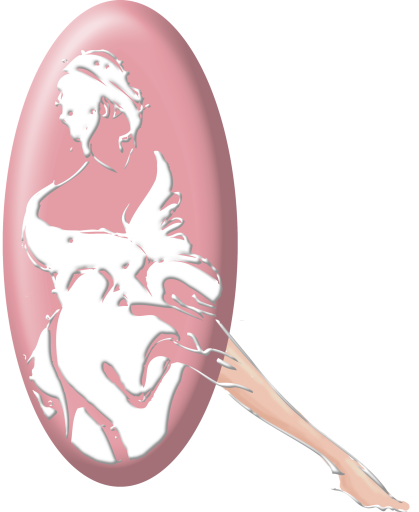Okay, I may have to modify my (apparently) rose-colored viewpoint. I won’t repeat the conversation in detail, but it involved myself and my next door neighbour, yesterday. What I learned was that even though our conversation was “polite,” trans-phobia is alive and well, and living in my neighbourhood.
No, the people here don’t (normally) insult me directly, though a few days ago, her partner did, and I don’t worry that I’m likely to have someone try to shoot me in the street, but the aversion both he and she feel is there, and it does come across. Clearly. Both of them feel they have a moral right to their opinions.
I wonder, though. Do we have a right to hate? Do we have a right to our unearned (i.e. straight/cis) privilege, a privilege accorded us by accident of birth alone? Do we have a right to our bigotry, so long as we don’t do actual physical harm? Or do we have a responsibility to recognize and to confront those feelings in ourselves; to question them? Do we have a responsibility to be open minded, to inform ourselves, and to try to overcome our prejudices? Do we really have a right to our opinion…no matter what? Did Josef Goebbels? Did Hitler?
My friend, Angela, answered, “Yes, Karen, everyone has a right to their opinion, no matter how stupid it is. I feel sorry for close-minded people; yech, and it’s even worse when they teach their children about hatred. As Dr Seuss says, “Be who you are and say what you feel because those who mind don’t matter and those who matter don’t mind.”
Hmmm. Much as I like Angela, much as I like Dr. Seuss, and much as I admire his intention: i.e. to liberate us from the pressures that keep us from being ourselves…and I do know something about that…I still have a problem with the right to his opinion…no matter what,” part. And yet, that’s what my neighbour insisted was true. Her partner doesn’t like trans people. As she says, “He’s a manly man, and he has a right to his opinion.”
Really?
Like any cliché, “He has a right to his opinion,” has a grain of truth in it, but like any cliché, it is not entirely and always true. If we were going to trade cliché’s, could we not also match this one with, “Every right comes with a responsibility, as well”? Where is the responsibility to confront our own hatreds and bigotry? (Say what I like, no matter how hateful.) If we put it that way, would Dr. Seuss still be right? Try telling the survivors of Dachau and Auschwitz, “Those who mind, don’t matter…” They minded. Didn’t they matter? I’m a human being, albeit both trans and a woman. I mind. Don’t I matter?
“…and those who matter don’t mind?”
Do we really believe the already privileged majority are the only ones who matter? Whites matter, but blacks do not? Aryans matter, but Jews do not? Straight people matter, but queer folk do not?
Say whatever you want, because the people who matter don’t mind. “We” matter. Those “others” do not.
How many times did I have to confront that attitude in my classroom over the years? Forgive me, Angela, please, for disagreeing so vehemently, but I’ve been on the “don’t matter” side of the equation as recently as yesterday. Remember junior high, where pretty girls mattered, but plain girls did not? I’m betting that at some point in your life, you, or someone you love, has been on the wrong side of the equation, too. You do matter. We both do. When someone tells me that (in her opinion, which she has a right to,) either one of us does not, I really have a problem with that.
